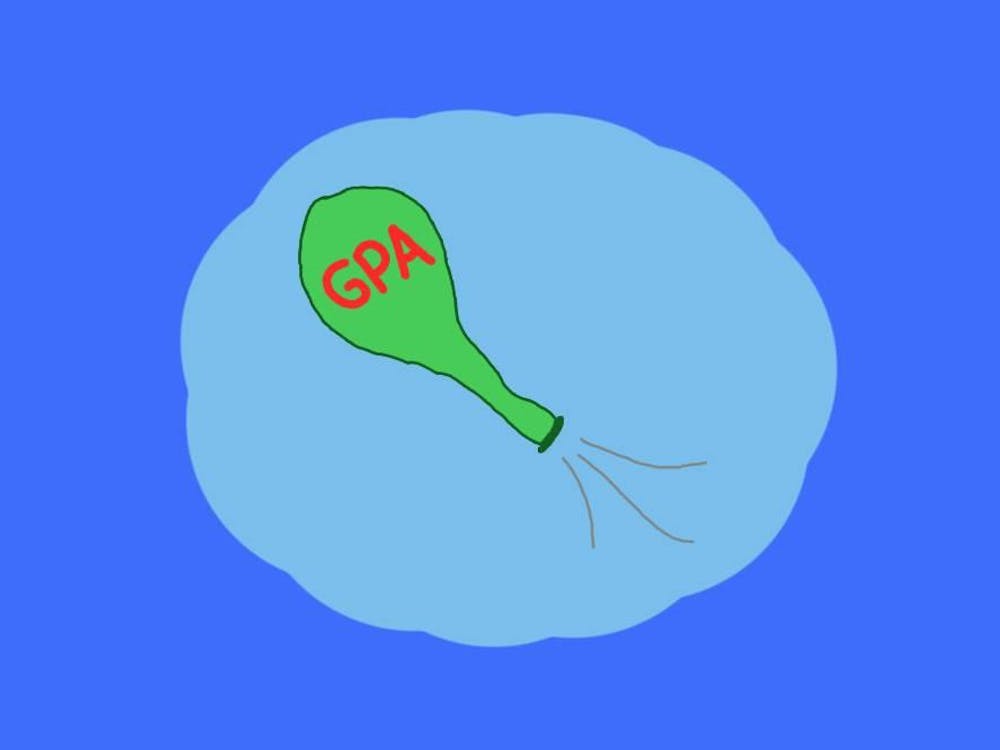FOR THOSE who find the prospect of a corporate position at best, mind numbing, and at worst, morally depraved, there exist a number of alternatives. Two of these alternatives, AmeriCorps and one of its member groups, Teach For America, offer opportunities to serve the community and gain invaluable life experience while earning a livable salary.
In today's economy and job market, corporations are so eager for University students that they are willing to place full-page recruitment ads in this very newspaper for weeks at a time. For fourth-year students seeking the good life after their time at the University, it's hard to ignore the healthy salaries and benefits these companies can offer. What service organizations like AmeriCorps and Teach For America can offer, however, goes well beyond a monetary figure.
By taking on such alternative full-time opportunities, one provides services to communities in dire need. College students often are among the most prominent to take up cries of inequity. These organizations offer the opportunity to hear these cries first-hand and attempt to quiet them through action.
Teach For America places members in a school system that is suffering from a lack of resources -- usually teachers -- for a two-year stint. Members are placed in some of the most underprivileged areas and asked to help educate the children of those areas.
AmeriCorps' other programs also seek to shrink the gap between the advantaged and the disadvantaged through community service efforts. The aid they provide to the communities they serve has resulted in such successes as offering career counseling to over half a million Americans and enabling over 600,000 senior citizens to live independently.
The amount of support such organizations provide for the nation is staggering, but there are individual benefits as well. At the University, we are sheltered from the reality of the outside world. Sure, there are homeless on the Corner, and many of us venture out into the community through such organizations as Madison House. Sure, we take sociology and government courses that deal with issues of poverty on an abstract level. But these experiences are limited and don't offer a very broad scope of the realities that the underprivileged face on a day-to-day basis.
Teach For America and AmeriCorps do. Both organizations place members in some of the most impoverished regions of the country. Spending one to two years in these areas is sure to have a profound effect on one's perception of the nation and life in general -- an effect that could alter the path of one's life in a number of ways working behind a desk could not.
The more pragmatic might argue that as much as one would like to uphold his ideals and serve his community, practical financial concerns prevent this from being realistic. While neither AmeriCorps nor Teach For America purport to make their members rich, they do provide sufficient income. Teach For America salaries range from $20,000 to $34,500, depending on the cost of living in a corps member's area. According to its Web site, AmeriCorps offers "enough to meet basic needs." Additionally, both grant educational awards of $4,725 for each year of service and offer student loan deferrals and interest payments.
This is not to mention the benefits one might gain in graduate school admissions and in the job market. According to the Teach For America, representatives from such highly regarded organizations as the John F. Kennedy School of Government at Harvard University and Andersen Consulting have noted the value they place on completion of Teach For America. Clearly, joining one of these organizations does not preclude attaining one's personal goals -- it simply requires putting them off for a year or two at a great benefit to the community.
The New York City Board of Education released figures Thursday stating that New York City schools will need more than 41,000 new public school teachers over the next five years. These needs are indicative not only of needs in education that plague the nation, but needs in all areas. It seems a healthy society would be marked by the privileged offering some of what they've gained to the unprivileged. The majority of University students, no matter how hard they may try to fight the label, are among the privileged -- offering the benefits of this status to others is imperative.
(Chris DelGrosso's column appears Mondays in The Cavalier Daily.)




